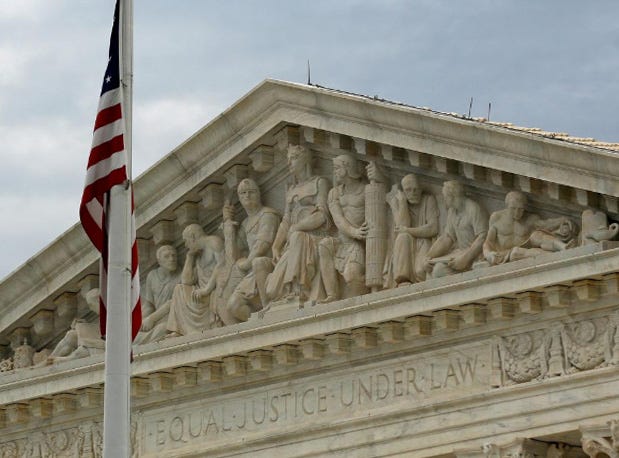Federal Judiciary Recognizes Civility And Respect In Its Workplace
Now Maybe They'll Expect This From Other Employers?
The federal judiciary routinely hears (and routinely dismisses) lawsuits filed by workers who have suffered soul crushing disrespect, humiliation and abuse in the workplace.
This is one reason why the recommendations of The Federal Judiciary Workplace Conduct Group matter.
The group this week re-committed to promoting an “exemplary workplace” for the 30,0…


